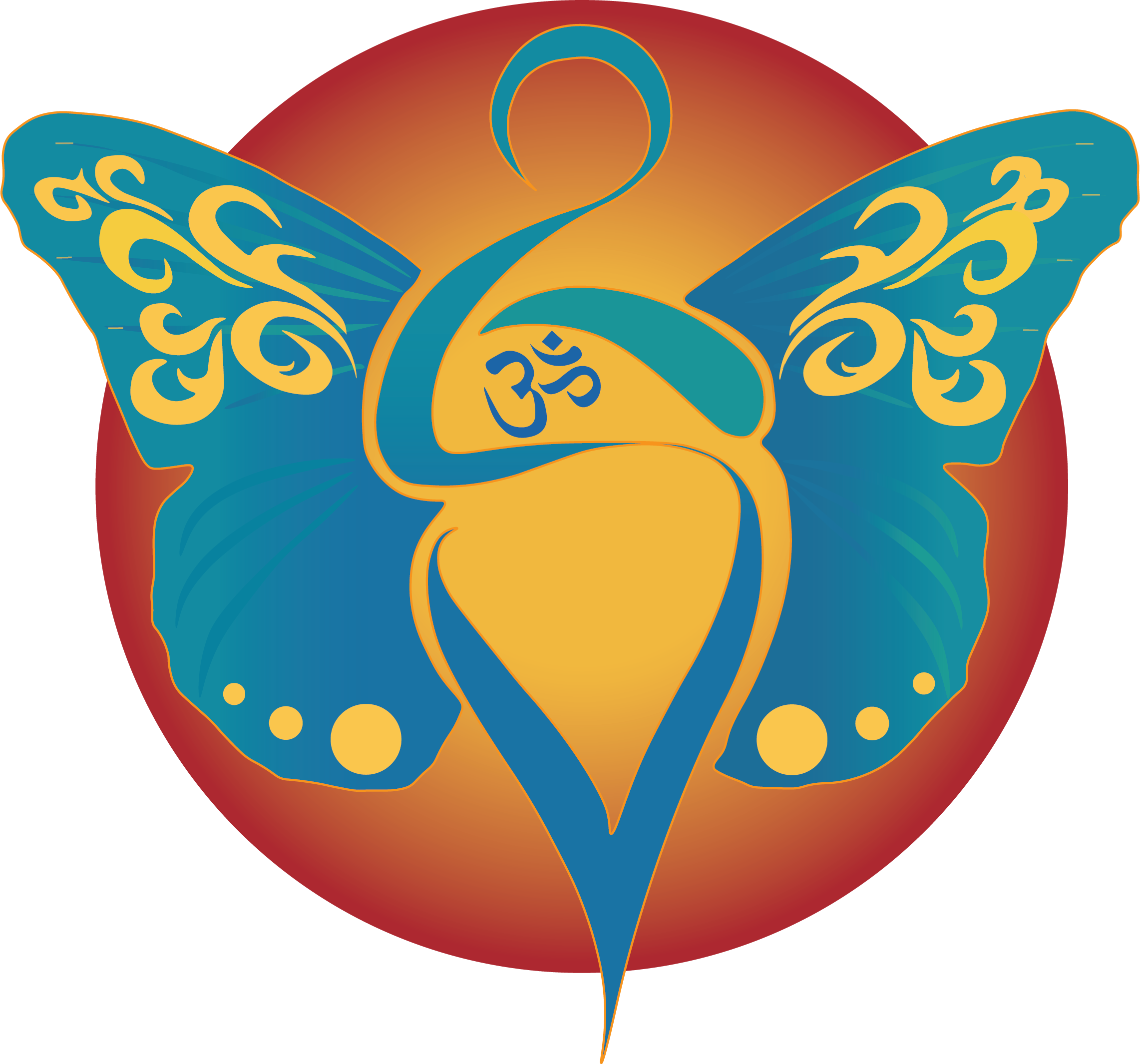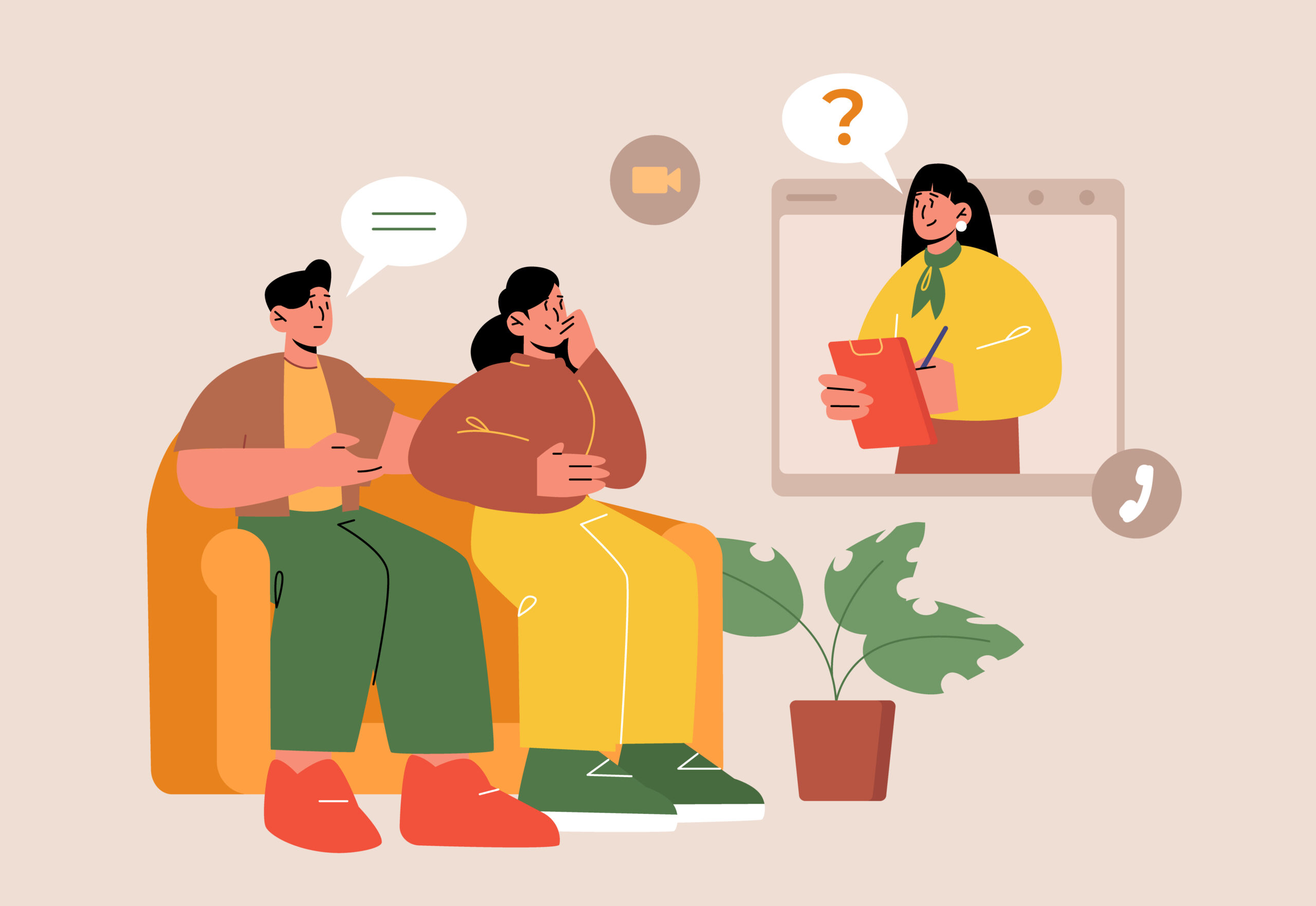
On Thursday September the 8th Queen Elizabeth II passed away. I cannot tell you why but when I heard the news my body let out an exhalation that felt like a breath held for centuries. My living room fell into a stillness and silence that was difficult to ignore but for the words that filled my head. “It’s over.” The sense of relief of this moment was so profound it startled me and I knew in my heart of hearts that this was the collective exhalation of my ancestors.
I am a Canadian citizen and have been since 1976. My brown skin never fails to divert people when guessing my heritage and so they are almost always surprised to learn that like the Queen, I too was born in London England. By birthright I am a British subject.
As I processed the news I called my twenty-nine year old son who is also a Canadian citizen born in Hamilton Ontario.
“The Queen has died” I said.
“Oh” he replied. “Well I guess that’s a loss” he said in a voice blended in politeness and indifference. “I guess she did accomplish a lot in her lifetime” he said.
“I guess.” I quipped back immediately. “… if you consider the enslavement and torture of our ancestors an accomplishment”
What?😳 Where did that come from? It wasn’t just my words that shocked me but the accompanying seer of red hot anger that inflamed my stomach😡.
My son was silent. “Yes” he said.
I felt bad. Somehow he had gotten the brunt of this moment I was in. I took a deep breath and tried to walk my emotions back.
“Well I just wanted you to know” I said but I knew it was more than that. I wanted him to know the history. No correction, I wanted him to know our history.
Though we had talked about our family history over the years, in this moment – more than any other, I wanted to be sure he understood our ancestral history of indentured servitude to the British Empire. I wanted him to know the details of the villages our ancestors came from, the year and date they were brought to Guyana, the name of the ship they travelled on, the plantation or estate they worked on and the labour they did. I wanted him to know all of this history and I was furious because after 57 years on this earth – I did not know it myself. All of the history I have been taught has not been my own and subsequently I have lived a life and personhood in perpetual displacement. As the news reports began about the Queen and her passing, the history of her ascension to the throne, the footage replayed noting detail after detail, telling her history over and over again. Many of my ancestors were a part of that history. But their stories are missing. To this day, I struggle to obtain the history of my own grandparents much less the history of earlier ancestors.

As a second generation immigrant in Canada the absence of roots and connection has led to a life of betwixt and between. Technically, I was born in Europe and I am East and West Indian and North and South American. My ancestry is in Indian and I am a Hindu. But I do not speak Hindi and I am not accepted by Indians as a true Indian because of my Guyanese heritage. Most of my grandparents and both of my parents were born and lived in Guyana and I was raised in the Hindu faith and Guyanese culture. However I never lived in Guyana so I have no first hand connection to the country or the culture.
I was born in England and lived there for the first five years of my life. Truly I was too young to internalize being different but I do recall an awareness that in my household there was us and there were ‘English people’. It is the only time in my life where I did not feel defined by my race or ethnicity. That quickly changed when we moved to Canada in 1972 where I was mocked by the children in my school for my British accent of all things. I quelled that accent in a desperate attempt to fit in. Ironically, many times after I wished many times I had kept my accent as perhaps it would have saved me from the more derogatory racial slurs that were hurled at me instead at school.
The passing of the Queen has raised a lot of emotion in me about my history or lack thereof. Many say the passing of the Queen is the end of an era and I hope that is true. I hope it is the end of an era that only acknowledges a one dimensional perspective and documentation of history.
Today I live in a Canada that is engaged in reconciliation with our Indigenous Peoples. I live in a Canada that claims to value diversity, support equity and the elimination of systemic discrimination. For me personally, those claims can only be authentically enlivened if the history of both British and Dutch colonization is retold authentically with all of the human atrocities that took place included and acknowledged and apologies made. For me, there is no other way forward.
When I look at the recent acknowledgement and reconciliation efforts that both the Government of Canada and the Catholic Church have made toward our Indigenous people it gives me hope. I hope our Canadian government will show similar leadership in acknowledging the intergenerational trauma of colonization that is still pervasive amongst first, second and even third generations of Indo Caribbean Canadian.
People cannot heal without their wounds first being acknowledged. Acknowledgement is the beginning of healing. It allows us to dialogue, discuss and develop shared understanding which is the heart of unity.
I can honestly say at this point in time I am not looking for acknowledgment so I may cast blame or vent anger. I am looking for my ancestral history to be told and my heritage known so I that I can come to know myself. I want acknowledgement of the traumas of colonization so I can be a part of the collective that I live in that will grieve the loss, share the pain and heal inclusively into a unity to which I can belong.
I also have one other great hope. Most first generation immigrants grew up in their country of birth and have had the experience of being part of a majority, with people who share their skin colour, shared their culture, religion, values, food and music. However, the plight of second and third generation immigrants is often not as inclusive.
The greatest wound of my intergenerational trauma has been a lifetime of isolation – not being ‘truly Indian’ or ‘truly Guyanese’ in my own home and amongst those communities while also not being allowed by my parents to fully assimilate as a Canadian leaving me to fend for myself in bridging the cultural identity divide.
So yes, I hope this is an end of an era. I hope it is the end of an era of denial, dissonance and even gaslighting on historical facts. A singular perspective cannot lay foundation to true democracy. The two are in my opinion mutually exclusive. However when multiple perspectives are permitted, when historical tragedies are acknowledged doors to understanding, empathy and compassion open healing can occur.
As I continue to seek out my history, I do this not only to know my ancestral lineage but also to learn something of who my ancestors were as people. What were their strengths, their challenges, hopes and dreams? As I have heard the Queen’s history over and over again, so too do I wish to hear my own.
Until then, I’m saying my piece and doing my best to honour my ancestors as the true heroes and veterans of colonization. I may not know the details, but I do know they survived lifetimes of hardship, subjugation and humiliation for a better life and future for their ancestors. I will claim their hero-ship for my son so that he will know he heralds from a lineage of resilience, resolve, perseverance and optimism, family values, moral compass and faith. They are the kings of my courage, the queens of my heart and the majesty of my life 💜.

#mystory #secondgenerationimmigrant #intergenertionaltrauma #wrinklewisdom #wrinklewisdomtherapy #wrinklesinlife

